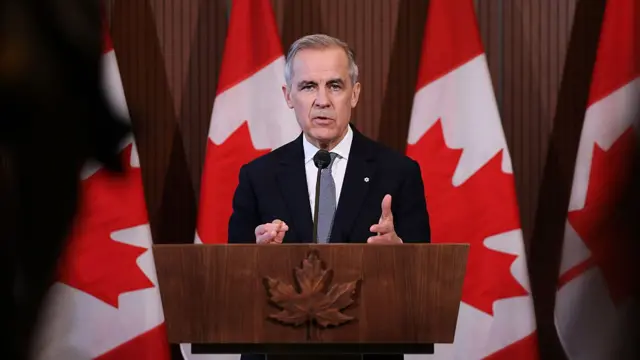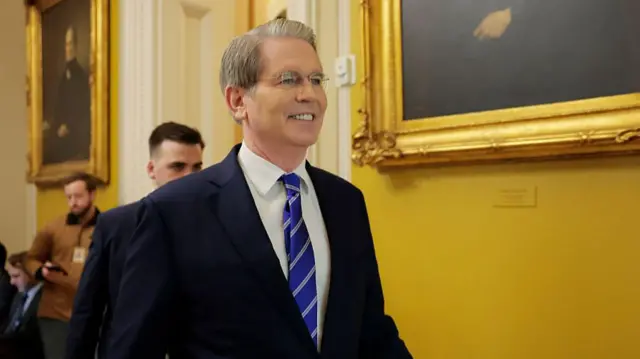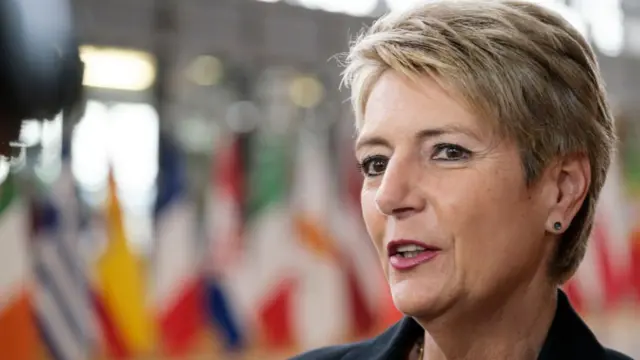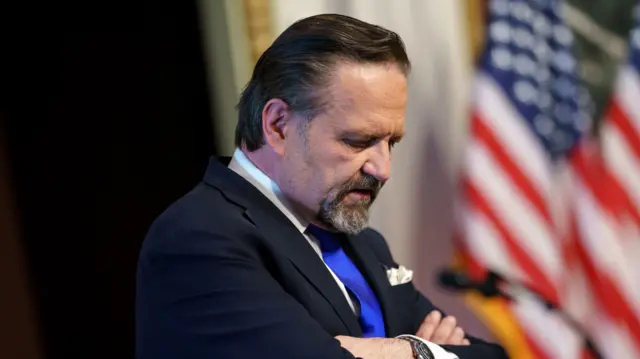A muted scene outside White Housepublished at 00:28 BST 3 April
 Bernd Debusmann Jr
Bernd Debusmann Jr
Reporting from the White House
The scene outside the White House is fairly quiet, despite the high-profile event this afternoon. There was, however, one lone protester, quietly walking past the main entrance where the media go in and out.
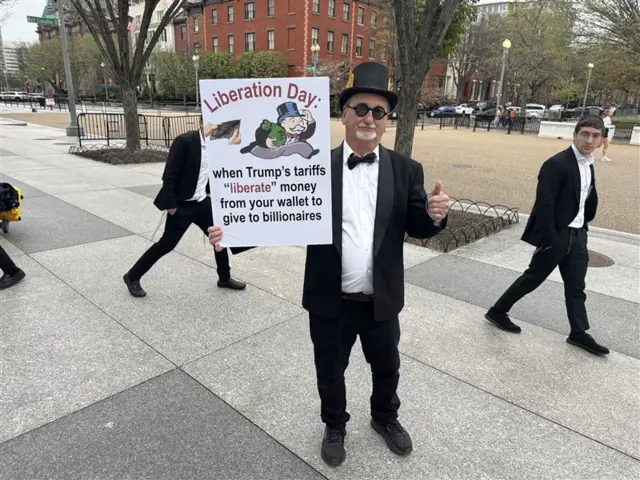 Image source, BBC / Bernd Debusmann Jr
Image source, BBC / Bernd Debusmann Jr
